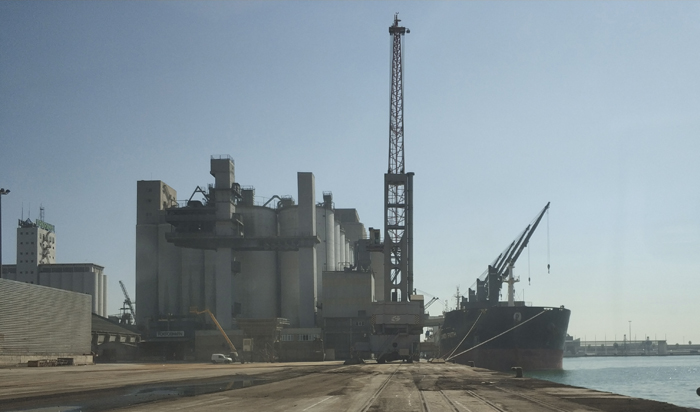The advance of statistical data of the cement sector corresponding to the month of October 2019 confirms the loss of competitiveness of the Catalan industry, which suffers an 18% drop in exports in the last year, with a total of 2.1 million tons. This will be the fourth consecutive year of declining exports, which have traditionally been a mean of survival for factories in periods of low domestic consumption, as is the current one. The price of industrial electricity (the second most expensive in Europe), and the costs of CO2 emission rights, close to 30 euros per ton, appear as the main causes of the limited capacity to access international markets.
The situation of the sector has no prospect of improvement in the short term. From the outset, the forecasts of cement consumption in the domestic market for 2020 indicate a decrease compared to this 2019. This places the annual per capita consumption in Catalonia around 240 kg / inhabitant, far from the European average, which is 362 kg. To cope with this low volume of activity and enter a path of sectoral stability, the industry reiterates the need for Catalan and Spanish public administrations to approve budgets to start the construction of new public works and the maintenance of which they already exist. Investment plans are urgently needed to allow the country to have infrastructures capable of responding to the challenges of the economy and the needs of businesses and citizens.
In parallel, Catalan factories demand an increase in the variety and quantity of waste that can be used energy to reduce their production costs and thus recover the international competitiveness they have lost in recent years. Precisely, this November, Ciment Català has met with the Generalitat to review the Voluntary Agreement for efficiency in the use of resources, and the transition to a Circular Economy. As Salvador Fernández Capo, president of Ciment Català, explains, “our industry suffers real difficulties to meet the objective of increasing the percentage of use of alternative fuels, due to the lack of a variety of waste that can be valued energy”. The use of alternative fuels helps cement factories not only reduce their energy bill, but improves their environmental behavior – biomass reduces CO2 emissions – and ensures compliance with their commitments to Circular Economy policies, a strategic commitment of the Catalan cement sector.

